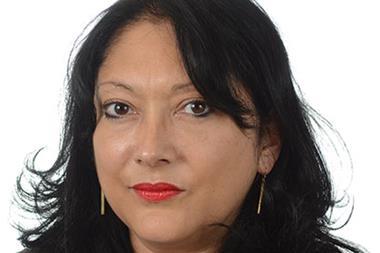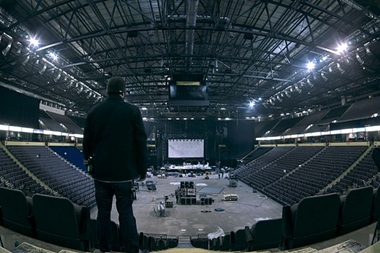Darren Wood talks about terrorism-proofing in the UK’s workplaces and his experience as a security consultant

Recent high-profile terrorist incidents in Manchester and London have heightened public awareness and shown us that terrorism can affect any of us as we go about our daily lives. Tenants are becoming more security focused and expect a security strategy to be in place within the buildings they occupy.
Property owners, developers and estates managers must now ensure that they have a clear security strategy, not only to meet planning requirements but also to be able to sell the safety of their building or development onto potential new tenants.
To do this, they need to look at their security issues in a holistic fashion. The UK has seen threats from hostile vehicles, improvised explosive devices and marauding terrorist attacks, but the terrorist modus operandi is ever changing. It requires constant evaluation to ensure we provide the appropriate responses.
The role of a security consultant can be subjective and it can mean different things to different people. In the construction and property industry, if someone asks, “are you a security consultant?” we need to be able to say “yes” to everything. This means being a security risk assessor, specialist blast assessor or even an electronic security engineer.

I have seen an increasing awareness of security from all our clients who realise that a people first approach includes safety and security in addition to wellbeing and comfort.
Over the last 12 months, I have seen that clients want to have a clear security strategy to ensure that they can sell the safety of their development to their potential new tenants. These clients understand that, without an integrated security strategy in place, they are decreasing the value of their asset and in turn falling short of their competition.
For too long, security has been an afterthought. It has been something to consider at the fit-out stage or when trying to attract and market tenants or investors. In reality, this delayed approach can cost significantly more to implement at the fit-out stage as we have to adapt the security requirements within the constraints of the existing building or development infrastructure. Often, the existing FM teams have a limited understanding of what security systems or controls are already in place.
What is needed now is a greater appreciation of security from the industry, and a recognition that a security and counter-terrorism strategy integrated at the earliest stage with the design team is the most appropriate solution. This will ensure the safety of the building, its people and its data throughout the building’s lifecycle.
Darren Wood is the director of security consultancy at Cundall































No comments yet